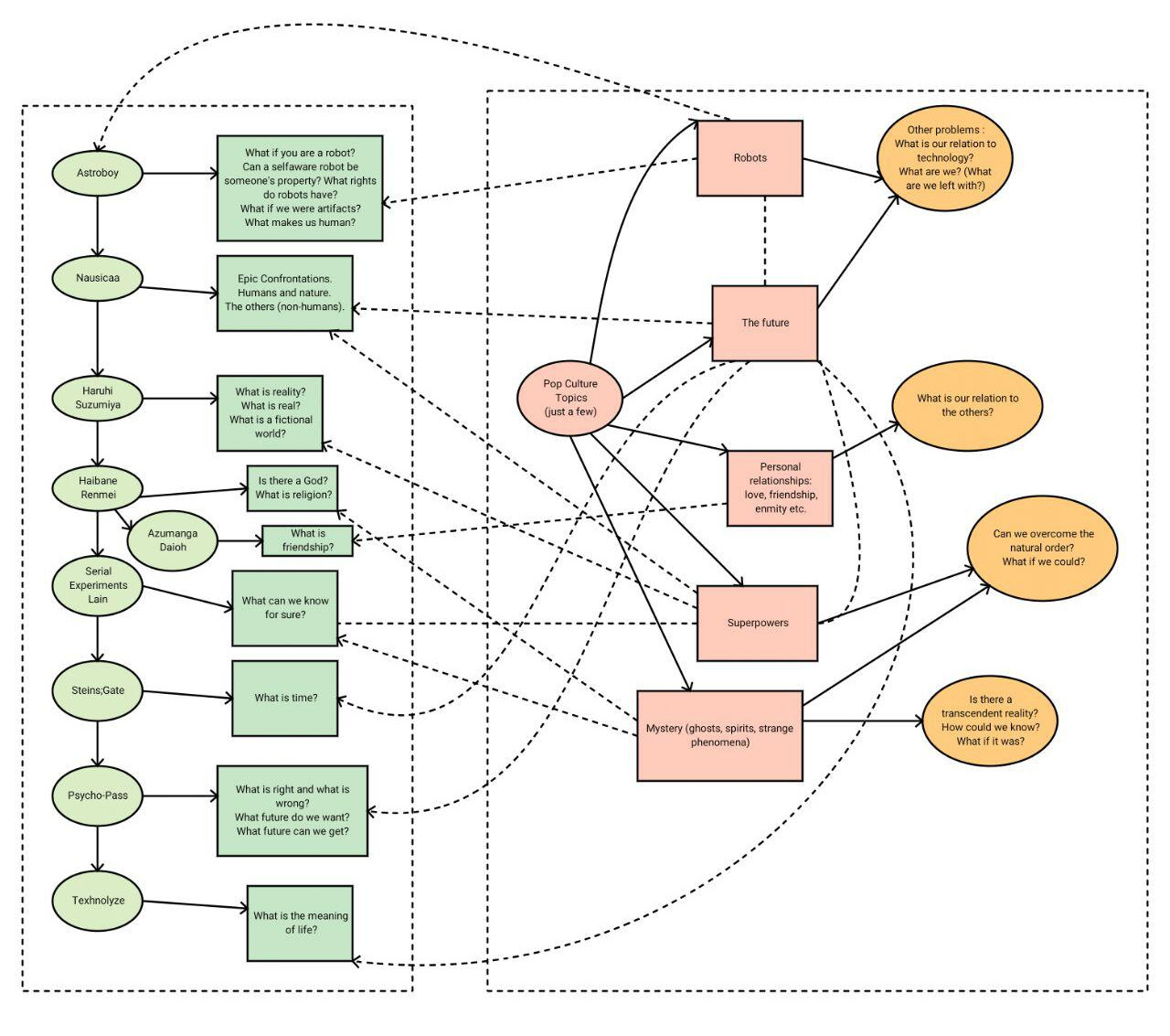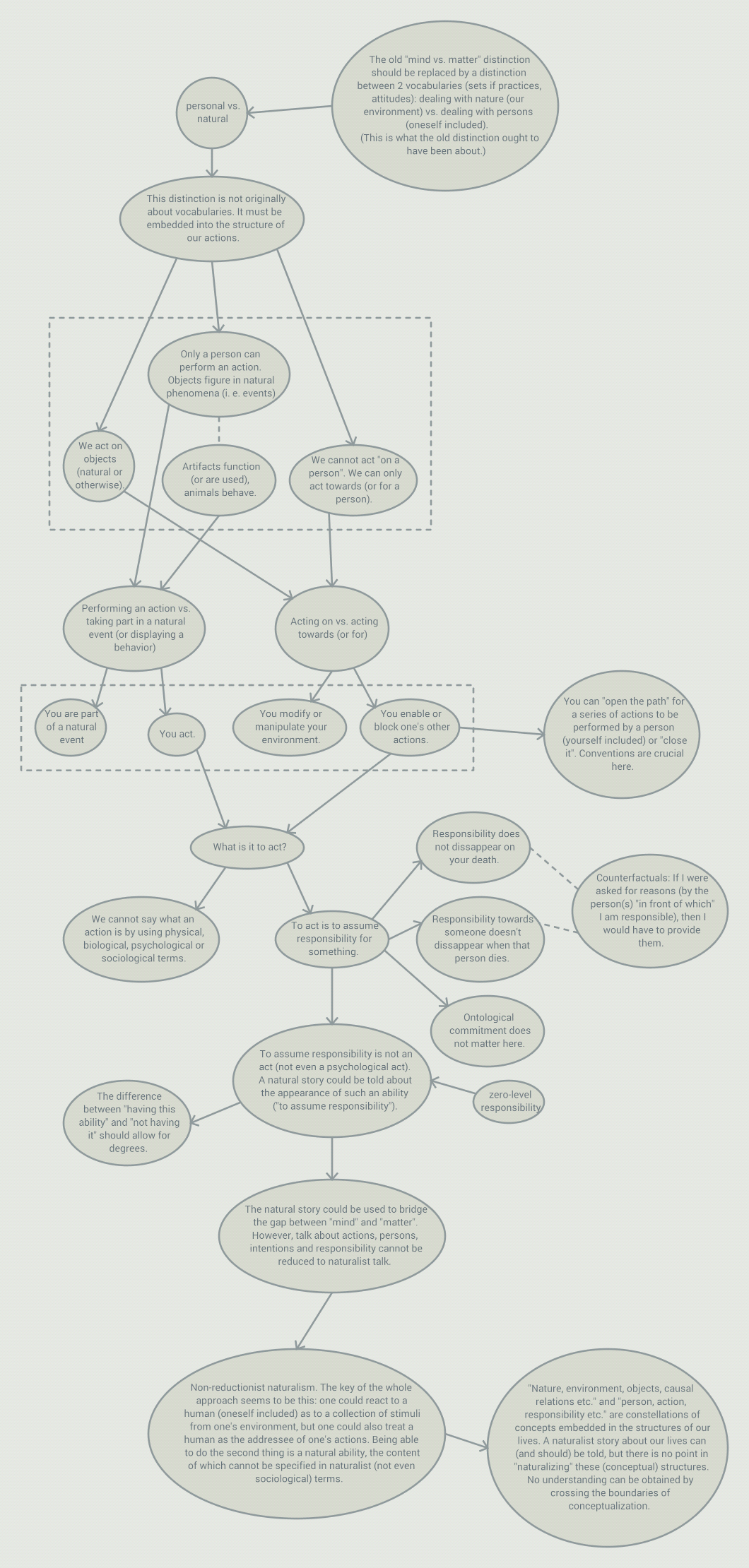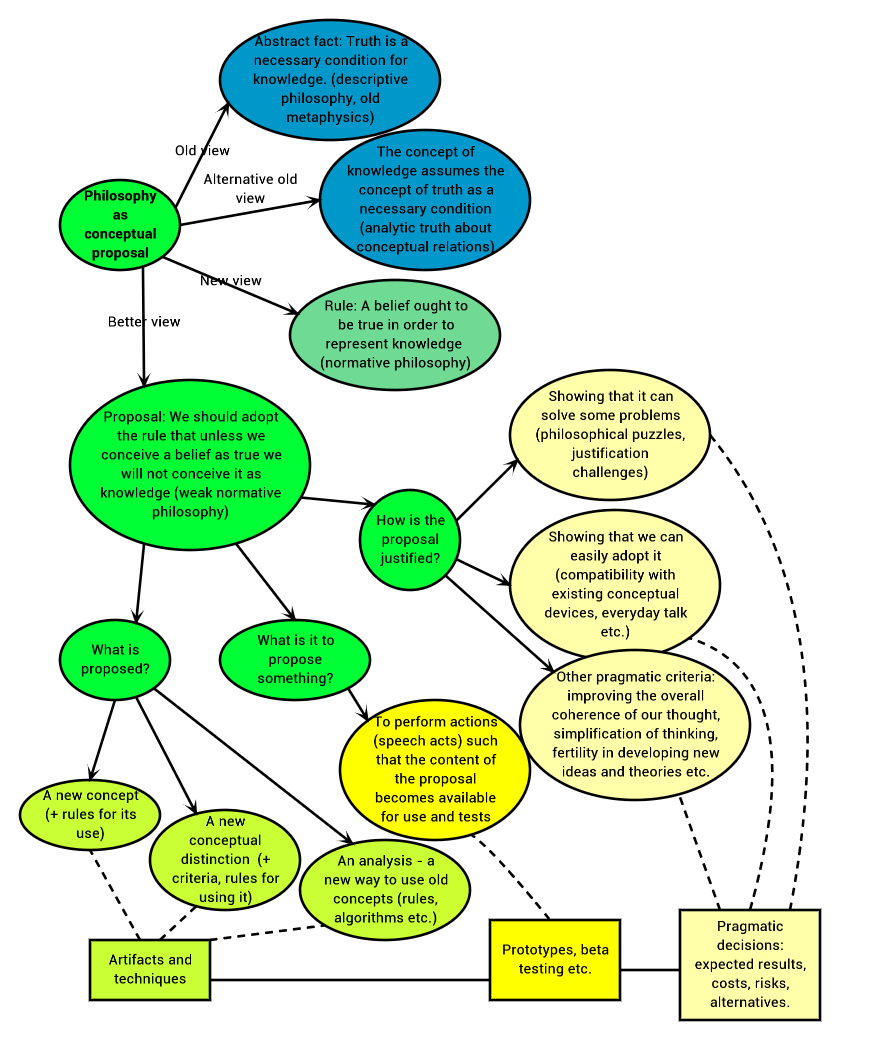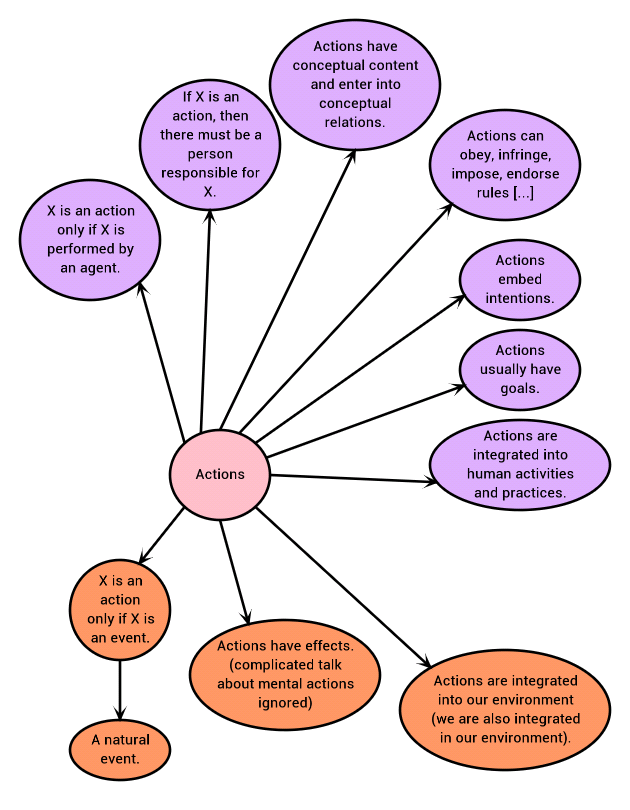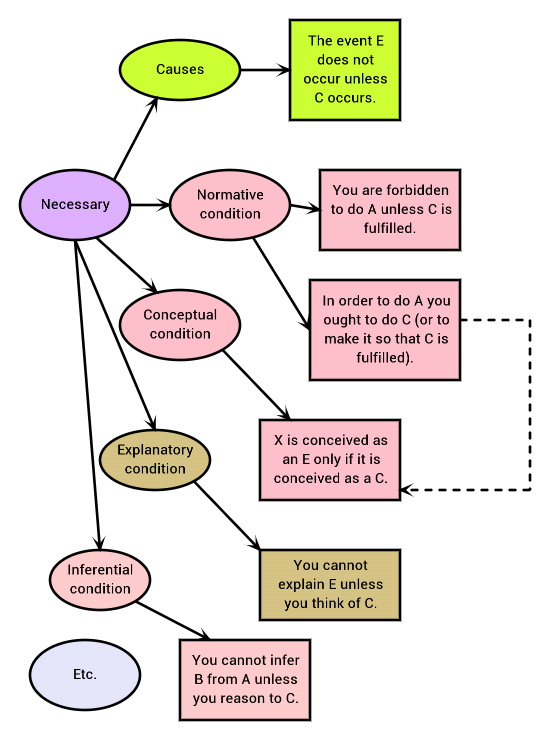În cadrul Școlii de vară „Elemente de bază pentru o gândire filosofică” am vorbit despre presupoziții și interesul filosofilor pentru ele.
Category Archives: filosofie
Sfârșit de semestru
Am ținut în acest semestru un curs opțional, dedicat cărții doamnei Anscombe, Intention. Pagina cursului conține, pentru fiecare întâlnire, traducerea paragrafelor discutate (am reușit să parcurg toată cartea) și înregistrările audio ale discuțiilor.
Pop Culture, Anime and Philosophy
Familia, parintii, copiii
Am lucrat anul trecut la o carte de filosofie pentru copii. Cartea cuprinde o serie de dialoguri imaginare cu o cititoare sau un cititor de 10-12 ani. Aici se gasesc doua discutii – una despre familie, alta despre obligatiile copiilor fata de parinti. Ele vin in continuarea unor reflectii din 2013, pe care le-am postat aici.
New book (in Romanian)
Here it is:
You can read a bit more about it here (also in Romanian). In short, the book is meant to be used primarily by students taking an Introduction to philosophy course in order to develop their “conceptual tweaking” (or “conceptual hacking”) abilities by trying to solve several philosophical puzzles, organized by different topics. The book is in a way similar to 101 Philosophy Problems, which inspired me to undertake such an academic project.
Reason, Actions, Nature
These are some notes which I wrote down in the last few months. I was thinking of writing a book, so I wrote in order to make the topic of my book a bit more clear. This is the only use of this text – to make it clear for myself what I am supposed to write about in my book. The only result of writing everything found here, which I would acknowledge, is that the title of my book should be ‘Reason, Language and Actions’. Nothing else should be taken seriously, nothing is worth mentioning etc. I did not proofread the text for grammar mistakes. If you want to take a look at it, you’re on your own.
Filosofia in familie
“Ce este familia?”
Intrebarea pare sa trimita la dictionar. Ce am putea afla mai mult, ca raspuns la aceasta intrebare, decat ce anume considera vorbitorii limbii romane ca este o familie, sau ce considera vorbitorii altor limbi ca este ceea ce numesc ei o familie?
Scribble (1)
On being together
Here is a conceptual proposal for a way in which one could (partly) understand what “being together with someone else” means:
A is “together with” B ONLY IF:
A takes responsibility for her/his own life choices in front of B AND
B takes responsibility for her/his own life choices in front of A.
If: N is a necessary condition for P,
then: One cannot propose that P unless one proposes that N. (version: the proposal that P includes the proposal that N.)
So: Proposing that you “start being together” to someone else includes the proposal that both of you take responsibility for your own life choices in front of each other.
Note: Sincerity towards the other person with respect to all your life choices follows from this (you cannot be responsible in front of another person with respect to a life choice the other person knows nothing about).
Now: What distinguishes life choices from regular choices?
Here I do not think a conceptual analysis is required. When you know each other well you also know what the other person would consider a life choice. Also, instead of life choices one could speak of “what you’re doing with your life”. If one is unsure whether what one is doing counts for the other person as “doing something with one’s life”, one could always assume that it counts.
Side note: Naturally, this works for more than two people being together, too.
Methodological note: A proposed concept can be tested like any other artifact. A “beta tester” could just assume it and ask herself/himself:
– Does this concept accommodate my sense of being together with someone?
– Are there any intellectual troubles with respect to this particular relationship which could be alleviated by using this concept?
– Am I better guided in my actions (choosing to be together with someone or not, choosing what to do and what to refrain from doing when you are together with someone, etc.) by using this concept?
– Is there any overall improvement to my life as a result of conceiving being together with someone like this?
– Etc.

